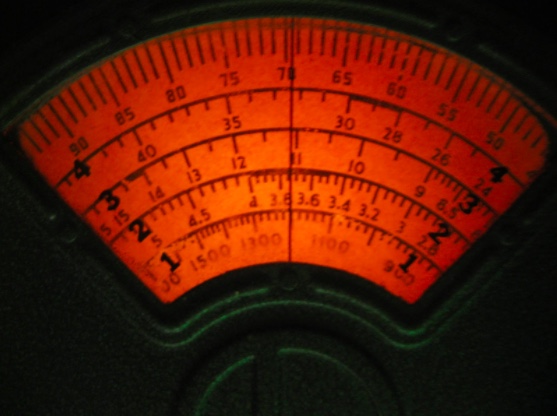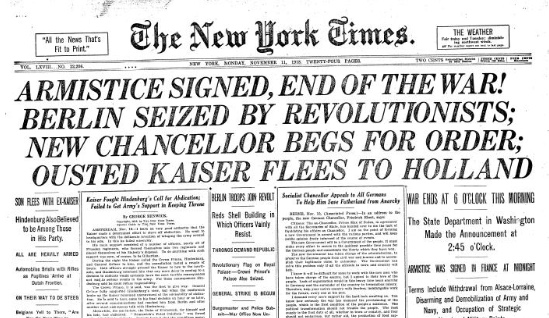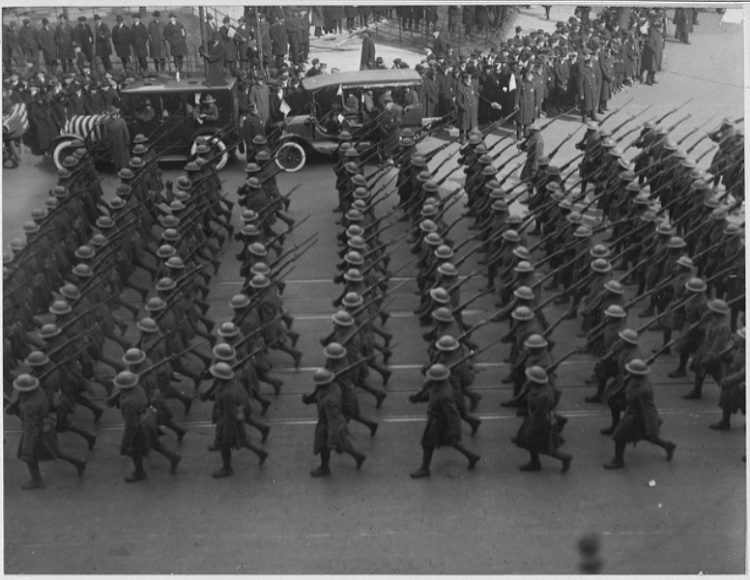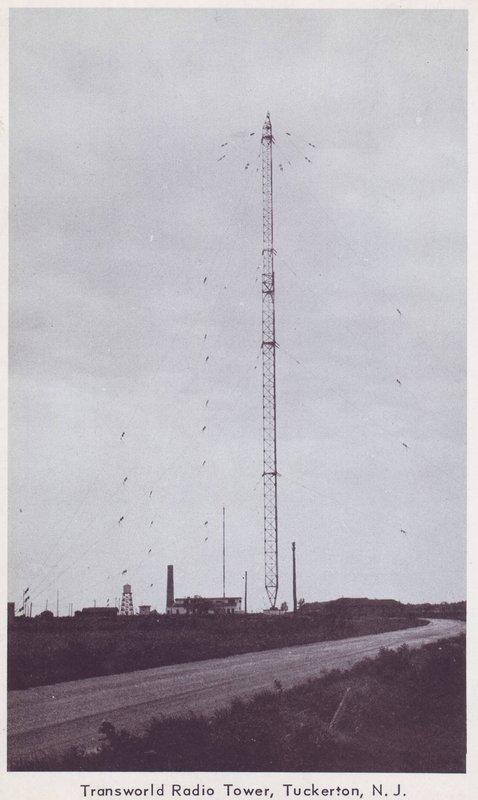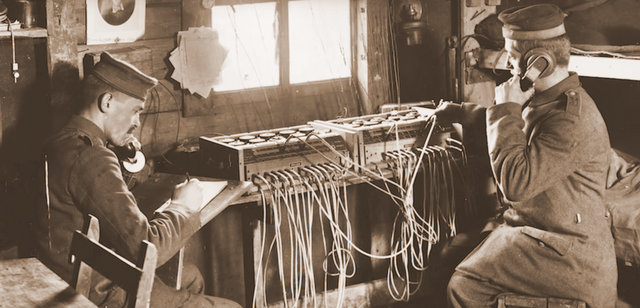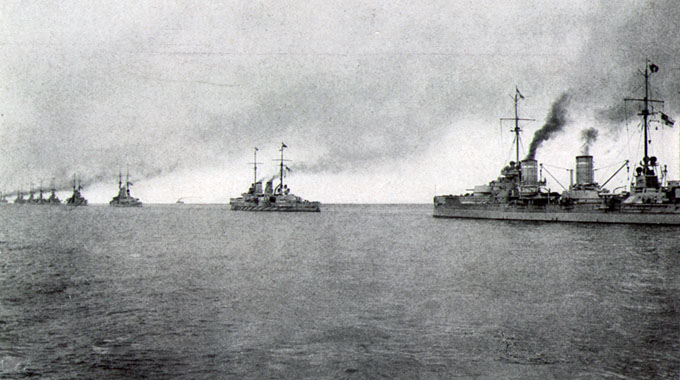Check out this brilliant BBC Witness History piece regarding the British propaganda effort during WWII:
How sex, jazz and ‘fake news’ were used to undermine the Nazis in World War Two. In 1941, the UK created a top secret propaganda department, the Political Warfare Executive to wage psychological warfare on the German war machine. It was responsible for spreading rumours, generating fake news, leaflet drops and creating fake clandestine German radio stations to spread misinformation and erode enemy morale. We hear archive recordings of those involved and speak to professor Jo Fox of the Institute of Historical Research about the secret history of British “black propaganda”.
Click here to listen to this program via the BBC Witness History website.

